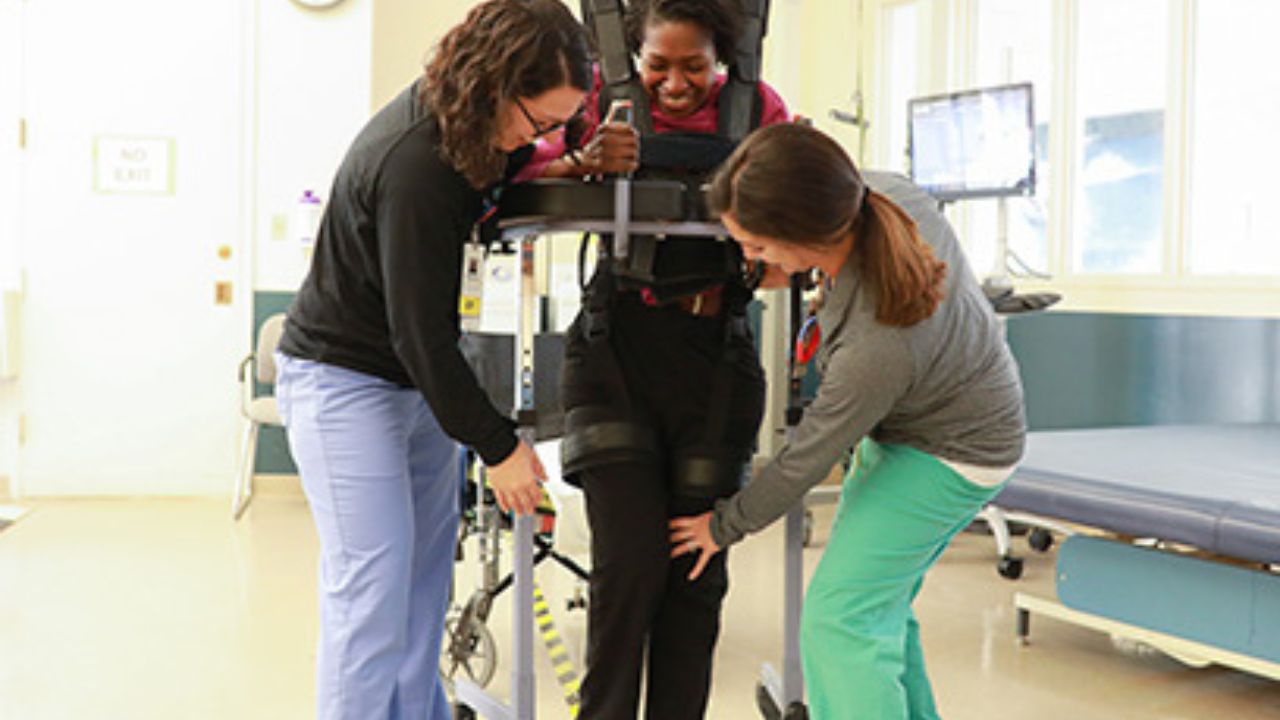
In the world of sports, preventing injuries is essential for maintaining peak performance and overall well-being.
This article highlights the top 10 crucial steps for sports injury prevention.
From proper warm-up and cool down techniques to using the right equipment and gear, incorporating strength and flexibility exercises, and seeking professional guidance, these steps provide a comprehensive guide for athletes and enthusiasts to stay injury-free.
By following these recommendations, individuals can enjoy their sports activities with freedom and confidence.
Warm-Up and Cool Down Properly
When it comes to sports injury prevention, it is essential to warm up and cool down properly.
Proper warm-up techniques are crucial to prepare the body for physical activity by increasing blood flow, loosening muscles, and enhancing joint flexibility. Dynamic stretching, jogging, and light exercises are effective ways to warm up and prevent injuries. It is important to gradually increase the intensity of warm-up exercises to avoid straining the muscles.
On the other hand, cooling down after exercise is equally important. The benefits of cooling down include reducing muscle soreness, preventing dizziness or fainting, and facilitating the removal of waste products from the muscles. Gentle stretching, slow jogging, and deep breathing exercises are effective cooling-down techniques that aid in the recovery process.
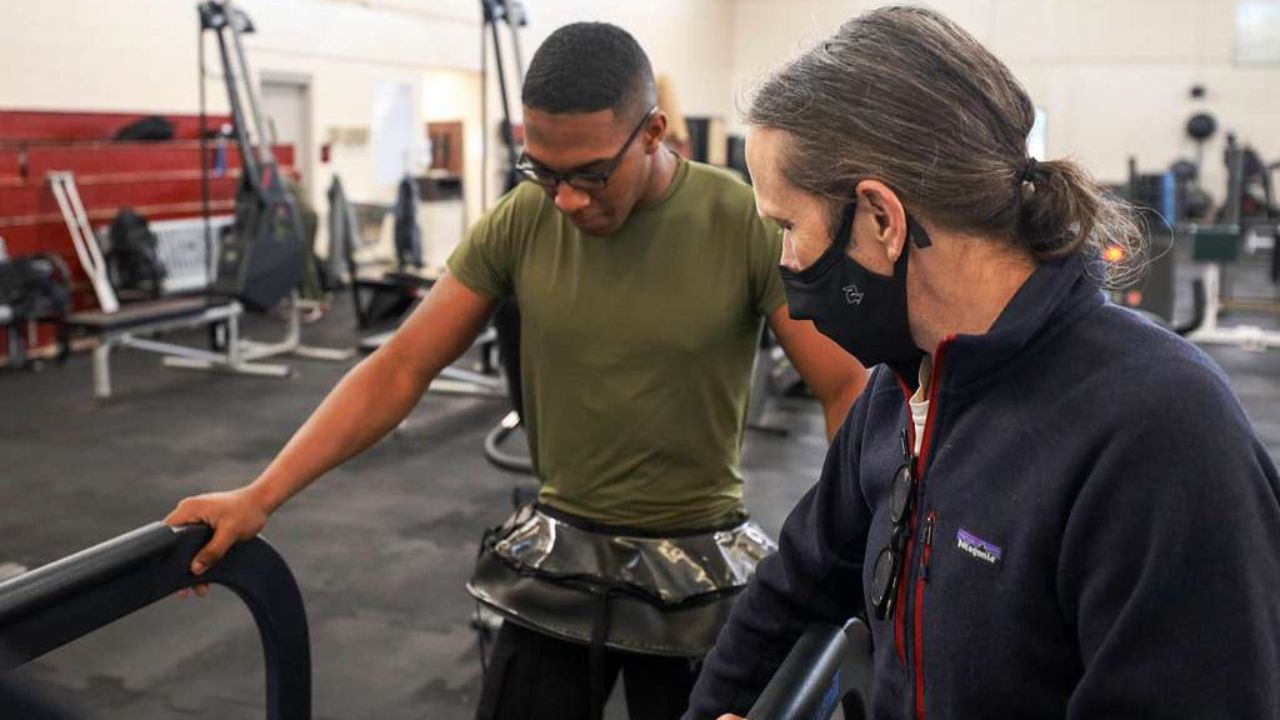
Incorporating proper warm-up and cool-down routines into your exercise regimen can greatly reduce the risk of sports-related injuries.
Use Proper Equipment and Gear
Properly using the appropriate equipment and gear is a vital step in preventing sports injuries. When engaging in any sports activity, it is crucial to prioritize safety by taking preventive measures.
Wearing the right gear not only protects you from potential injuries but also enhances your performance. The importance of proper gear cannot be overstated, as it provides support, stability, and protection to your body during physical exertion. Whether it's a helmet, knee pads, or proper footwear, each piece of equipment serves a purpose in reducing the risk of injury.
For instance, a helmet can prevent head injuries in contact sports, while knee pads can protect against knee injuries in activities that involve jumping or falling.
Build Strength and Flexibility Through Conditioning Exercises
Developing muscular strength and flexibility is essential for athletes and sports enthusiasts to prevent injuries and enhance their overall performance. Conditioning exercises play a crucial role in achieving these goals.
By incorporating regular conditioning exercises into their training routine, athletes can improve their muscle strength and flexibility, which can help prevent injuries. These exercises focus on targeting specific muscle groups and improving overall body function.
Conditioning exercises can include activities such as weightlifting, resistance training, plyometrics, and balance exercises. These exercises not only help build strength but also improve flexibility, stability, and coordination.
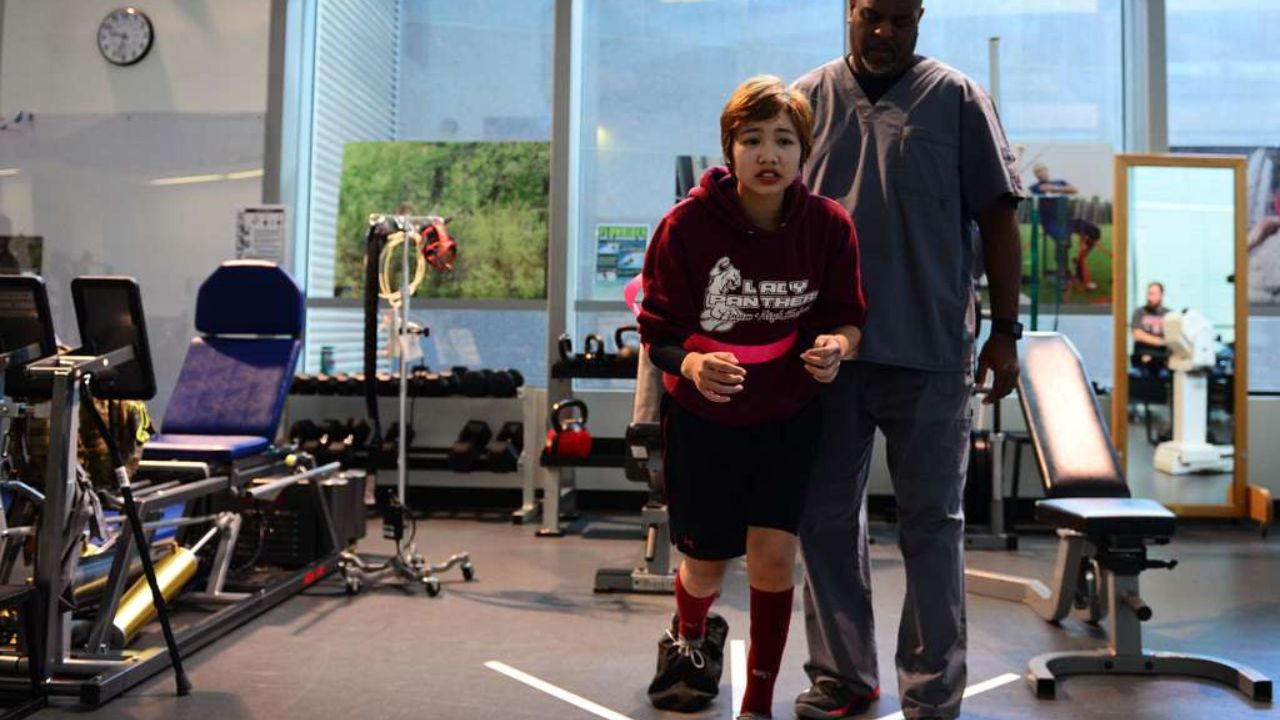
Effectively practicing proper technique and form is paramount for athletes and sports enthusiasts in order to prevent injuries and optimize performance. The importance of proper technique and form cannot be overstated when it comes to injury prevention. By ensuring that movements are performed correctly, athletes can minimize the risk of strains, sprains, and other types of injuries that can result from faulty technique.
Common mistakes to avoid in sports technique and form include improper body alignment, inadequate warm-up and cool-down routines, and overexertion. It is crucial to focus on maintaining the correct posture, using the appropriate equipment, and gradually increasing intensity and duration of training to avoid overuse injuries.
Athletes should also prioritize rest and recovery to allow the body to heal and rebuild. By practicing proper technique and form, athletes can enjoy their sports with reduced risk of injury and improved performance.
Listen to Your Body and Rest When Needed
The importance of listening to your body and resting when needed cannot be underestimated in preventing sports injuries and maintaining overall physical well-being. It is crucial to pay attention to your body's signals and respond accordingly.
Here are some key points to consider:
Body awareness: Developing a strong sense of body awareness allows you to recognize any discomfort or pain that may be a sign of injury.
Rest: Giving your body adequate rest is essential for recovery and injury prevention. Rest days are just as important as training days.
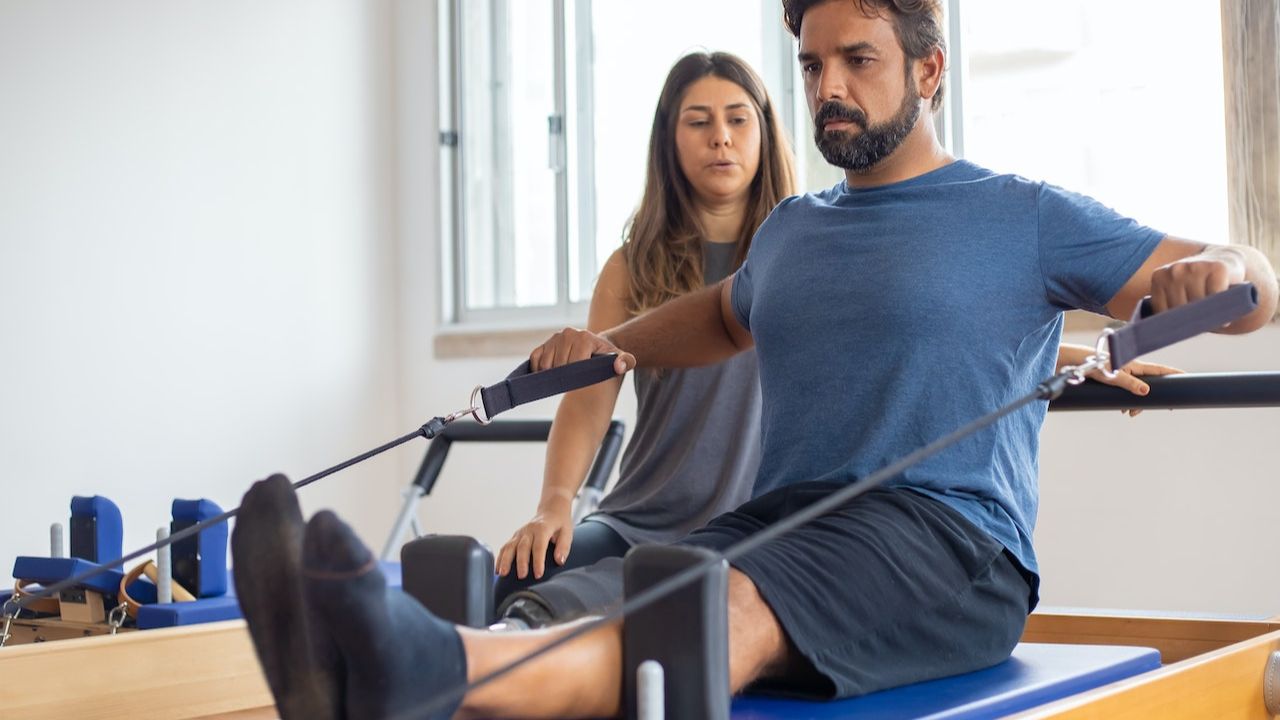
Recovery: Engaging in proper recovery techniques, such as stretching, foam rolling, and massage, helps improve muscle flexibility and prevent injuries.
Balanced training: Avoid overtraining by incorporating rest days and varying your training routine. This prevents excessive strain on specific muscles and reduces the risk of overuse injuries.
Gradually Increase Intensity and Duration of Workouts
To minimize the risk of sports injuries, it is important to gradually increase the intensity and duration of workouts while also paying attention to the body's response. Increasing intensity and duration too quickly can put excessive strain on muscles, joints, and tendons, leading to potential injuries.
Before starting any workout, it is crucial to warm up properly to prepare the body for the upcoming activity. Likewise, cooling down after the workout helps the body recover and prevents muscle soreness.
Wearing appropriate equipment and gear, such as supportive shoes and protective padding, is essential for injury prevention. Building strength and flexibility through conditioning exercises is also vital. Additionally, focusing on technique and form during workouts can help reduce the risk of injury.
Listening to the body's signals and resting when needed is important for recovery. Staying hydrated, maintaining proper nutrition, and getting enough sleep are crucial for overall health and recovery. Incorporating cross-training and variety into the workout routine can prevent overuse injuries.
Seeking professional guidance and regular check-ups can help identify and address any potential issues before they become serious injuries.

Stay Hydrated and Fuel Your Body With Proper Nutrition
Fueling your body with proper nutrition and staying hydrated are essential steps in preventing sports injuries. Taking care of your body's nutritional needs and maintaining proper hydration levels can greatly impact your performance and reduce the risk of injuries. Here are some tips to help you stay hydrated and fuel your body with the right nutrition:
- Drink enough water throughout the day to maintain proper hydration levels.
- Include a balanced diet that consists of carbohydrates, proteins, and healthy fats.
- Consume foods rich in vitamins and minerals to support your body's overall health and recovery.
- Consider incorporating sports drinks or electrolyte supplements during intense workouts or prolonged physical activity to replenish electrolytes lost through sweat.
Hydration and nutrition play a crucial role in enhancing performance, preventing fatigue, and reducing the risk of injuries. By making conscious choices and paying attention to your body's needs, you can optimize your athletic performance and protect yourself from potential injuries.
Get Enough Sleep for Optimal Recovery
Adequate sleep is essential for optimal recovery and preventing sports injuries. When it comes to sports injury prevention, many athletes focus on physical conditioning, strength training, and recovery techniques. However, one crucial aspect that often gets overlooked is sleep quality.
Getting enough sleep allows your body to repair and regenerate, helping to prevent injuries and enhance overall performance. During sleep, your body releases growth hormones that aid in muscle repair and recovery. Additionally, sleep plays a vital role in reducing inflammation, enhancing immune function, and improving cognitive function.
To ensure optimal recovery, it is important to prioritize sleep and establish good sleep habits. This includes maintaining a consistent sleep schedule, creating a sleep-friendly environment, and practicing relaxation techniques to improve sleep quality.
Incorporate Cross-Training and Variety in Your Routine
Diversification of training and inclusion of various exercises in your routine can significantly contribute to the prevention of sports injuries. By incorporating cross-training and adding variety to your workouts, you not only reduce the risk of overuse injuries but also improve your overall performance. Here are some benefits and effective workout combinations to consider:
Cross training benefits:
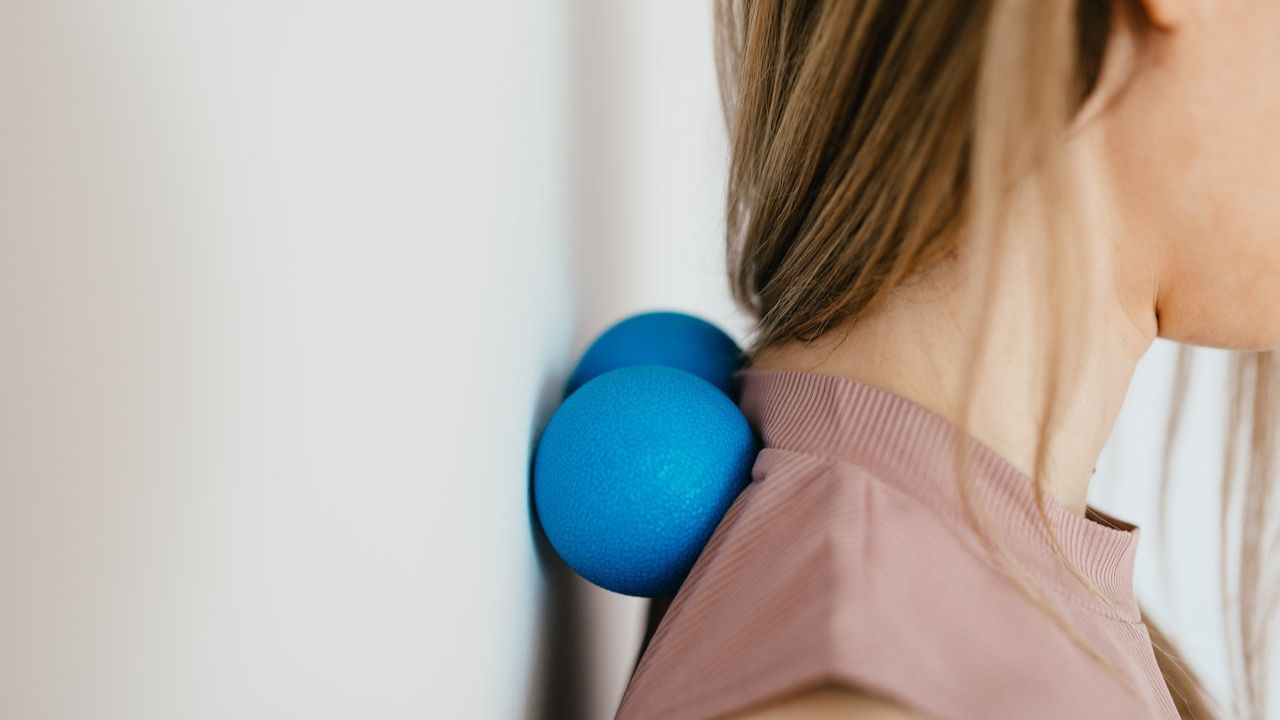
Helps prevent muscle imbalances and overuse injuries.
Enhances cardiovascular fitness and endurance.
Provides a mental break from repetitive training.
Increases overall strength and flexibility.
Effective workout combinations:
Pair high-impact activities (such as running) with low-impact exercises (such as swimming) to reduce stress on joints.
Combine strength training with agility exercises to improve power and mobility.
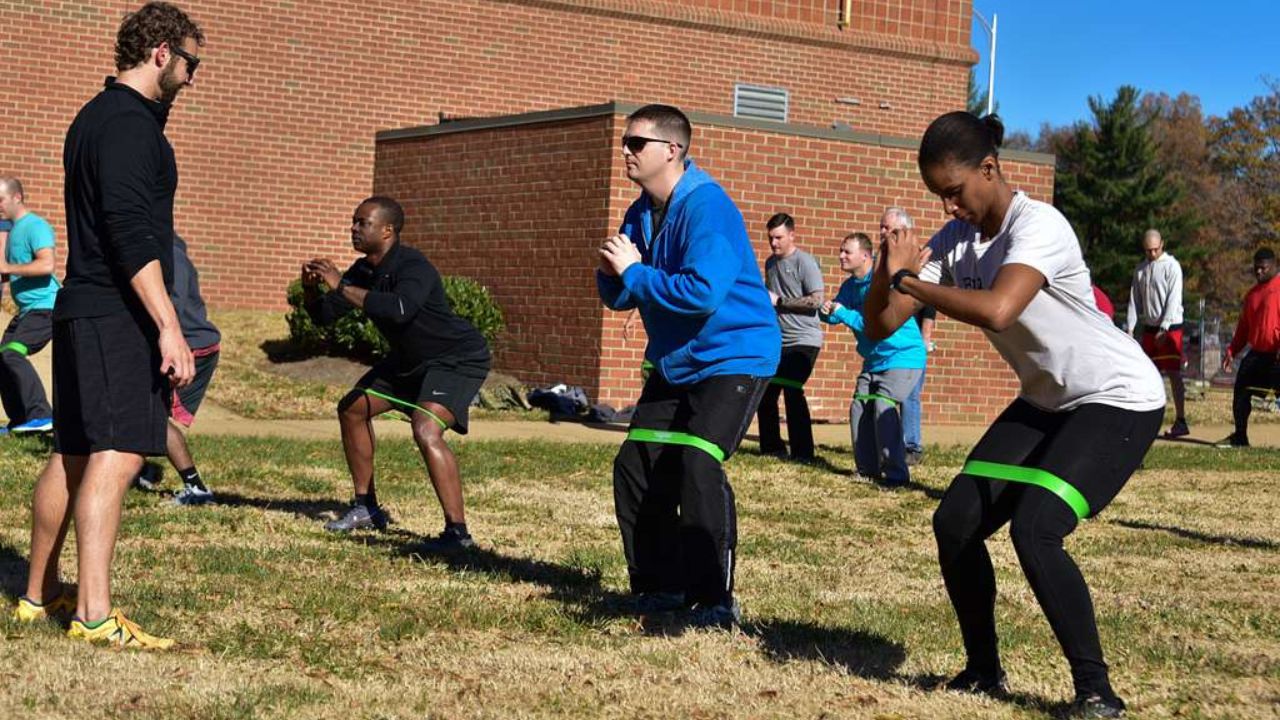
Alternate between cardio workouts and yoga or Pilates to enhance flexibility and core strength.
Incorporate interval training to challenge your body and improve overall fitness levels.
Seek Professional Guidance and Regular Check-Ups
Medical consultation is essential for athletes to ensure proper guidance and regular check-ups, which play a crucial role in preventing sports injuries.
Seeking professional guidance is necessary to receive expert advice tailored to individual needs. Athletes can benefit from the knowledge and expertise of sports medicine physicians, physiotherapists, and athletic trainers who can develop personalized injury prevention strategies.
These professionals can assess an athlete's physical condition, identify potential areas of weakness or imbalance, and provide guidance on proper training techniques and injury prevention exercises. Regular check-ups are equally important as they allow professionals to monitor an athlete's progress, address any concerns or injuries promptly, and make necessary adjustments to training programs.
Injury prevention assessments during these check-ups can help detect early signs of overuse injuries or strain, allowing athletes to take preventive measures and avoid severe injuries that could hinder their performance and long-term well-being.
Frequently Asked Questions
How Do I Know if I Am Using Proper Equipment and Gear?
Proper equipment assessment is essential in determining if you are using the right gear for your sport. Through a thorough gear fitting process, you can ensure optimal performance, comfort, and safety, reducing the risk of sports injuries.
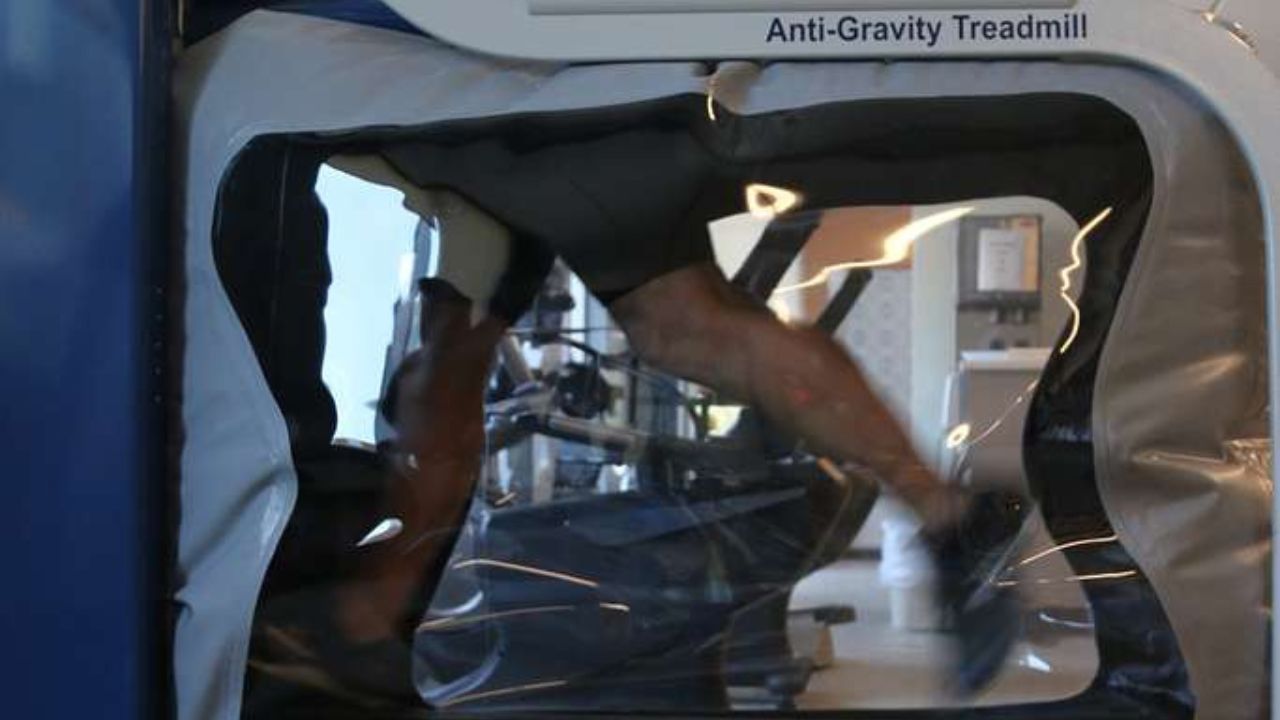
What Are Some Conditioning Exercises That Can Help Build Strength and Flexibility?
Conditioning exercises that focus on building strength and flexibility are essential for athletes to prevent sports injuries. These exercises help improve muscular endurance, joint stability, and range of motion, enhancing overall performance and reducing the risk of injury.
To ensure proper technique and form in sports, it is crucial to focus on body alignment, muscle engagement, and movement patterns. Regular practice, feedback from coaches or trainers, and video analysis can help identify areas for improvement and prevent injuries.
How Do I Listen to My Body and Know When I Need to Rest?
Listening to your body and knowing when to rest is crucial for avoiding sports injuries. Pay attention to any signs of pain, fatigue, or decreased performance, and take appropriate rest periods to allow your body to recover and prevent further damage.
What Are Some Signs That I May Be Increasing the Intensity and Duration of My Workouts Too Quickly?
Increasing workout intensity too quickly can lead to overtraining, which can manifest in various symptoms. These symptoms may include persistent fatigue, decreased performance, increased resting heart rate, irritability, sleep disturbances, and increased susceptibility to illness.
 Mobility trainingHome Fitness RecoverySports Injury PreventionPersonal Physical TherapyOrthopedic SolutionsPrivacy PolicyTerms And Conditions
Mobility trainingHome Fitness RecoverySports Injury PreventionPersonal Physical TherapyOrthopedic SolutionsPrivacy PolicyTerms And Conditions
